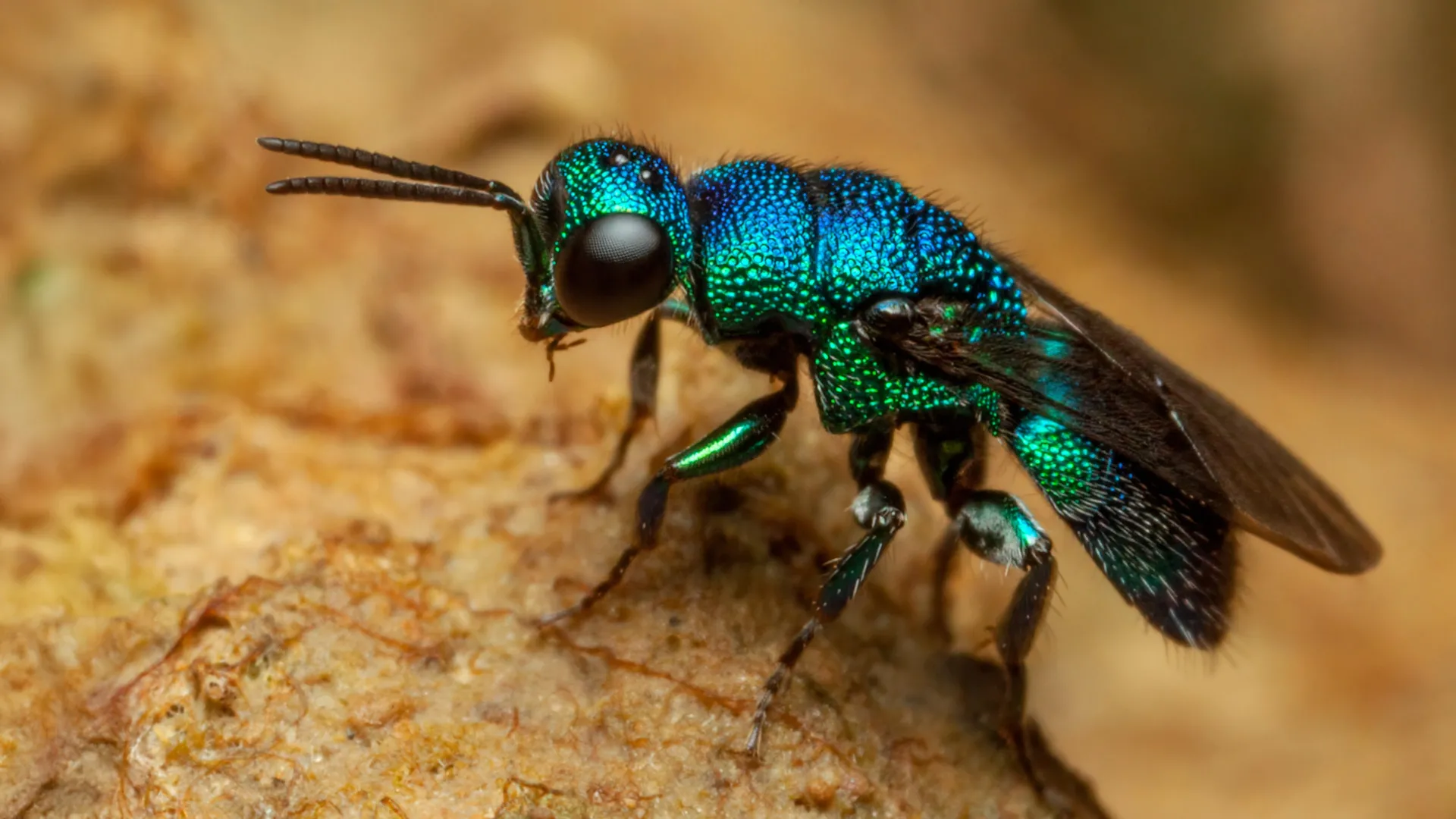Now Reading: Jewel Wasp Larvae Reveal Nature’s Secret to Slowing Aging
-
01
Jewel Wasp Larvae Reveal Nature’s Secret to Slowing Aging
Jewel Wasp Larvae Reveal Nature’s Secret to Slowing Aging

Rapid summary
- Subject: Jewel wasps (Nasonia Vitripennis) show a unique ability to slow biological aging.
- Discovery: Researchers at the University of Leicester found that inducing a hibernation-like state (diapause) in jewel wasp larvae dramatically slows their molecular aging and extends their adult lifespan by over a third.
- Key Mechanism:
– Aging measured using the “epigenetic clock,” which monitors DNA methylation changes over time.
– After experiencing diapause, the epigenetic clock in these wasps slowed by 29%, demonstrating developmental control over biological aging.
- Novelty of Research:
– The study is among the first to show long-lasting anti-aging effects from environmentally triggered pauses during progress, wiht relevance for human biology due to shared pathways like those involving insulin and nutrient sensing.
- Implications for Research:
– jewel wasps are emerging as significant models for studying molecular aging due to their measurable markers and genetic similarities with humans’ biological systems.
Indian Opinion Analysis
This breakthrough research into jewel wasps has broad implications for scientific understanding of aging. For India, where addressing age-related health conditions is a growing concern given its rapidly expanding elderly population, such discoveries could inform future therapeutic interventions. By identifying environmental or developmental factors that might slow molecular aging, researchers can explore novel strategies adaptable even in resource-constrained settings. Moreover, India’s established biotech sector could potentially engage in deeper collaborative efforts exploring similar age-modulating mechanisms across species.
Such studies underscore both ethical opportunities and challenges. While they invite optimism about extending healthy lifespan through science,they also remind policymakers globally-including in India-that equitable access should remain central as any effective anti-aging technologies emerge.


























